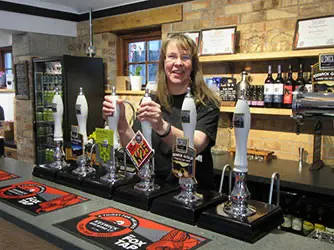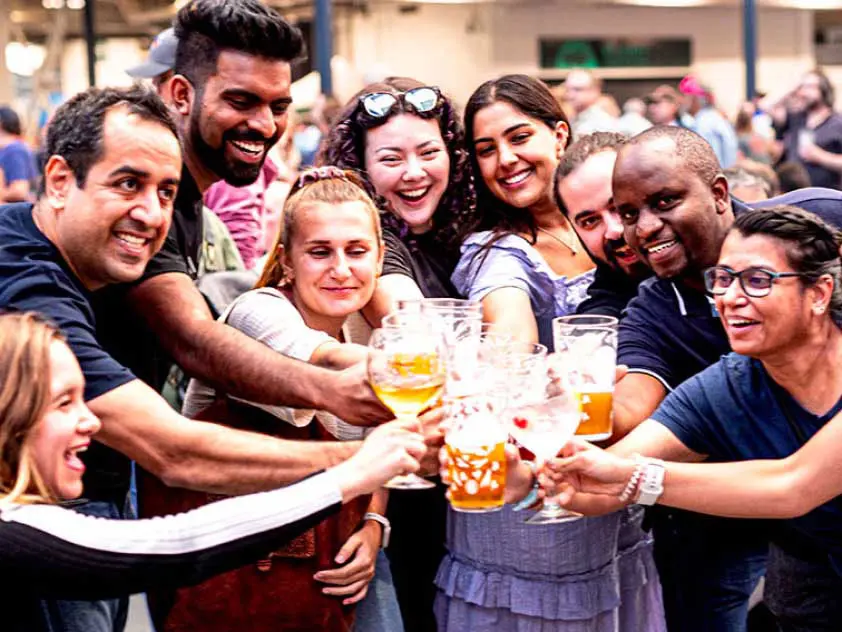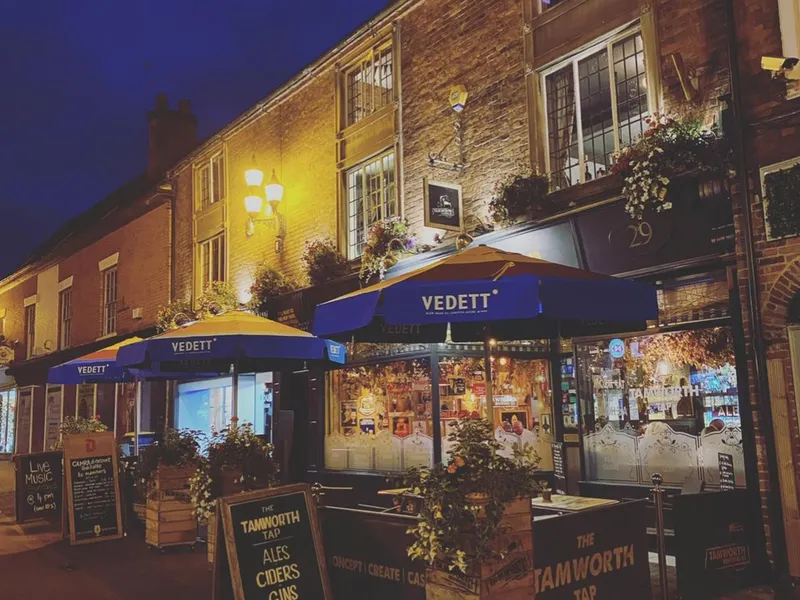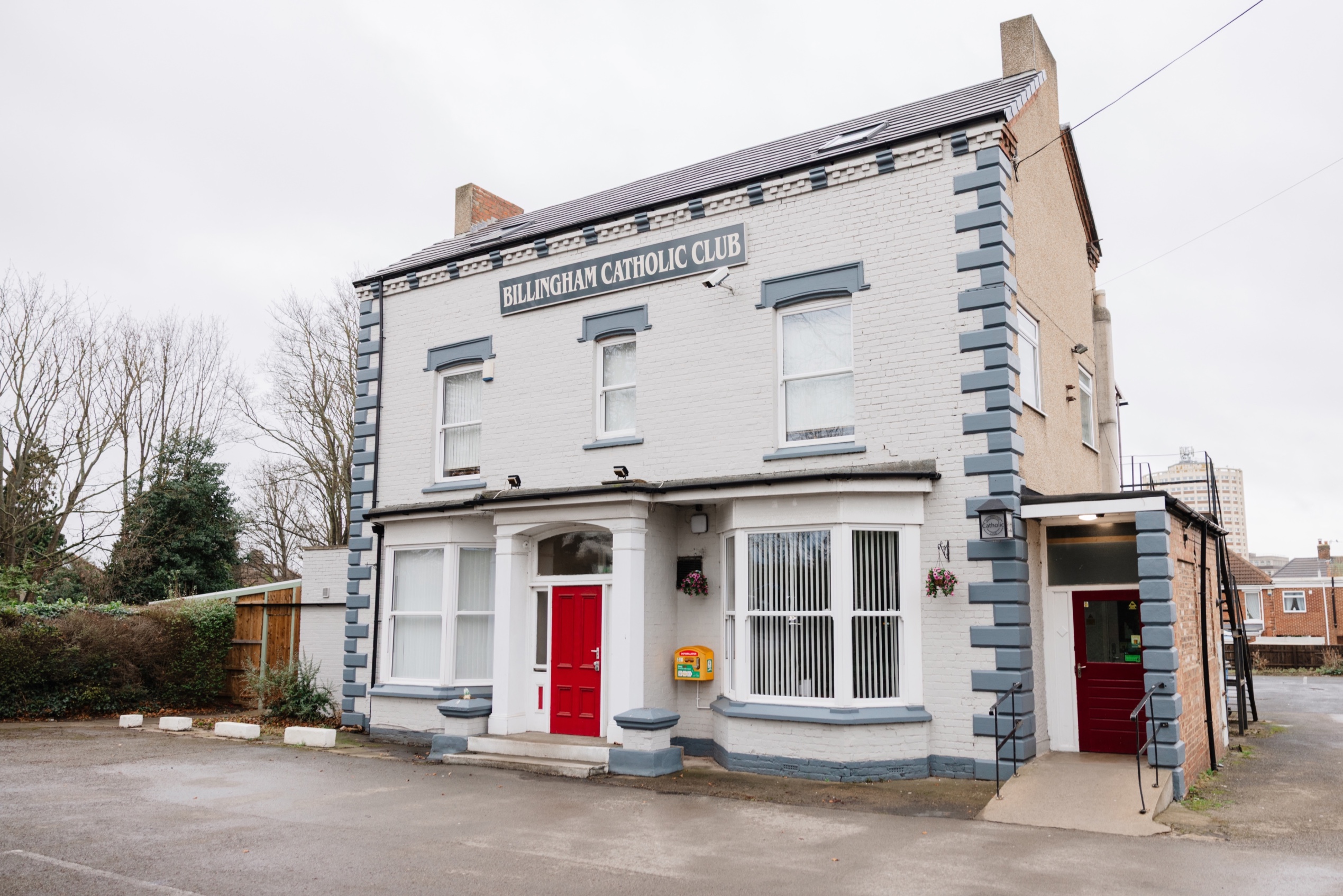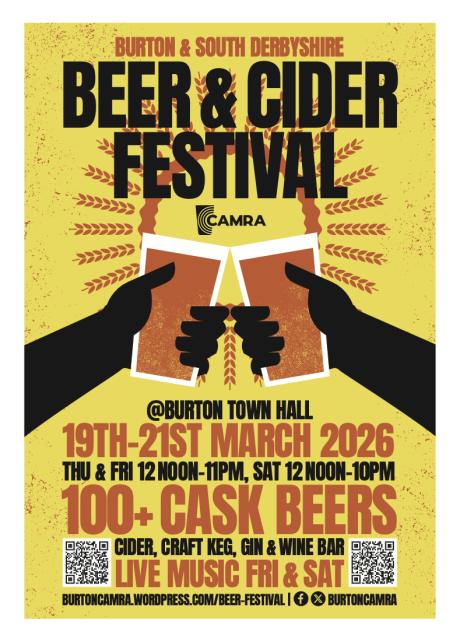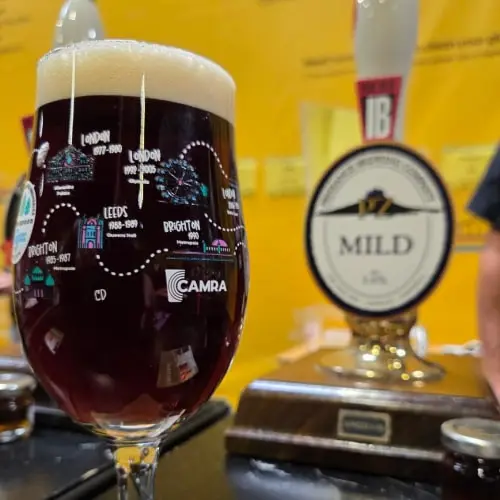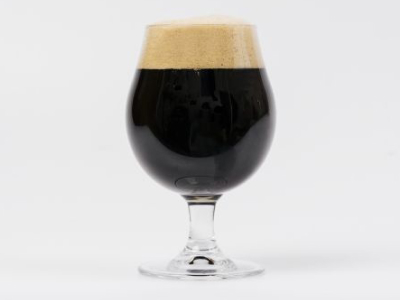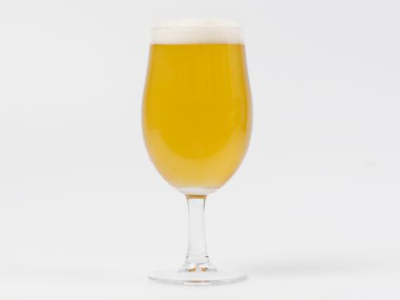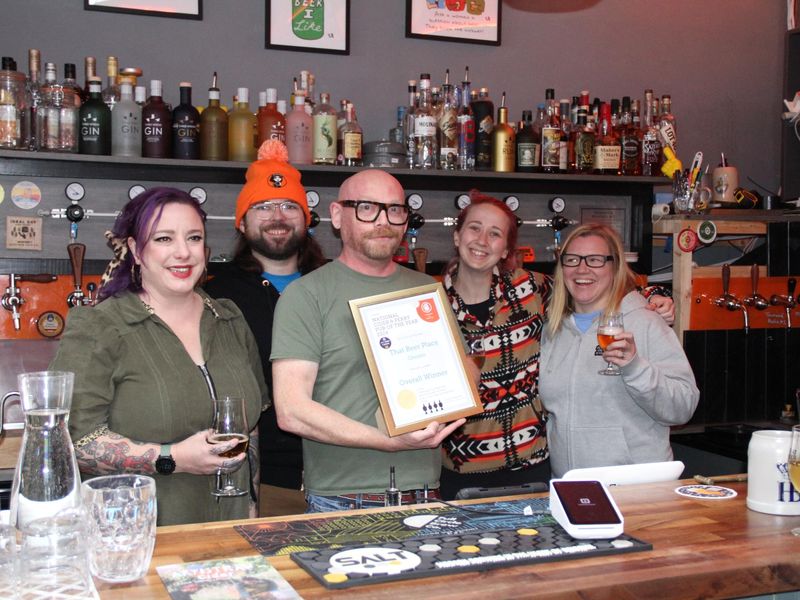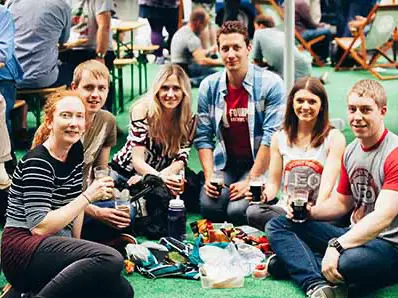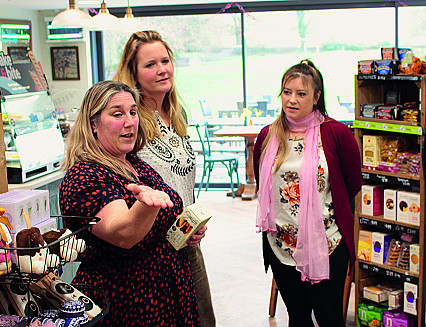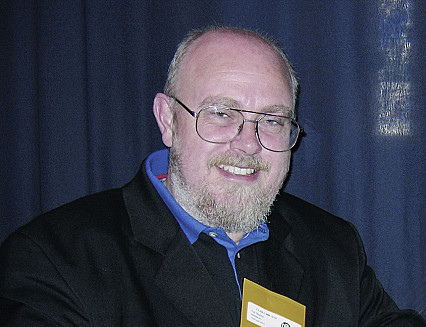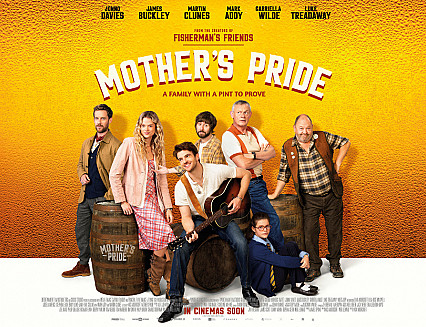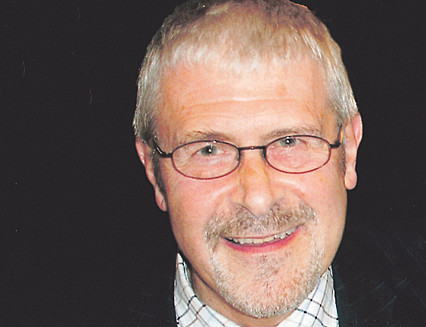Residents from three Bristol care homes have enjoyed the first taste of a beer brewed from the hops they harvested.
Research has highlighted the positive impacts of being able to continue life-long leisure pursuits and social activities, such as gardening, music, singing, cooking, and arts and crafts, when living in a care home.
Engaging in these activities has been shown to have rehabilitating affects, support self-expression and enable meaningful forms of reminiscence and social connection that contribute to wellbeing.
The participants cared for the crops that were planted in the gardens of their homes, before being turned into a pale ale called Backyard Bounty, which is set to go on sale at local pubs.
The scheme, called the Hoppiness Project, was funded by the University of Bristol as part of research into improving older peoples’ lives.
Participant Sylvia Crowther said the process of harvesting the crops had been “marvellous” and she had enjoyed doing something different.
The project aimed to empower and stimulate residents who have progressive illnesses.
They learned about gardening and brewing plus were able to taste their creation at the Left Handed Giant brewery.
Pubs selling the brew will also be given beer mats created as part of the project to help raise awareness of dementia.
Participant Andrew Turner said: “It’s nice to spread the word about brewing, I think. It is a science.”
Beaufort Grange Care Home activities coordinator Lucy Lock said: “Quite a few residents who wouldn’t want to join in many activities had come down and really enjoyed it.
“We had one lady who couldn’t see, so being around the people, smelling the hops and tasting the beer had her smiling and everything.”
University of Bristol researcher Karen Grey said: “A lot of research, related to dementia particularly, is very medical in focus.
“It’s quite often about finding a drug that’s going to prevent or cure dementia. But a lot of researchers, myself included, would like there to be more focus on how people can live well.”
Project manager Guy Manchester said the residents had found it rewarding.
“It's incredible how it latches into people’s memories and brings things out. It might be the smell, or rubbing your hands through compost. It's a good therapeutic tool all round.”
